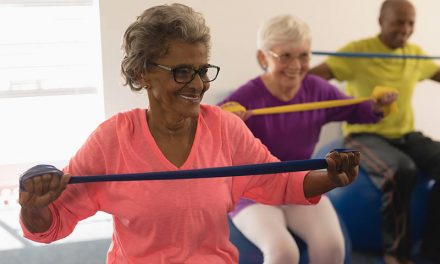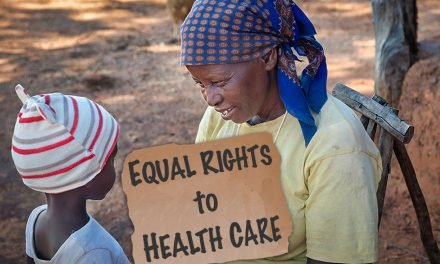Winter ailments – how to keep elders healthy
While many of us suffer from colds and flu during winter, these ailments are more serious in older people. Here’s a rundown of common winter ailments that affect elders, and how to avoid or treat them.
Influenza (flu) can be a dangerous winter ailment for elders
Flu is a highly contagious respiratory illness that tends to peak during winter. Between 6 000 to 11 000 South Africans die of flu every year, so this winter ailment is something to take seriously.
Elderly people account for about half of those deaths. These statistics highlight the vulnerability of elders. Other risk factors include being HIV+ or having chronic medical conditions such as asthma, diabetes or heart disease.
Symptoms include body aches, fever, a cough or sore throat, runny or stuffy nose and headaches. Most people recover within a few days to a week, using over the counter medication for pain, fever, blocked sinuses and coughs if necessary. However, it’s important to monitor symptoms and get medical attention if necessary. This is especially important for elders and those with an underlying health condition.
Complications include ear and sinus infections, pneumonia and bronchitis. Flu vaccinations are recommended for anyone over the age of 65 or at high risk. Other precautions include keeping your hands clean, covering your nose and mouth when you sneeze, and avoiding contact with those who are sick.
Common cold
While this is usually much less severe than flu, catching a cold can still cause discomfort. Like the flu, it’s caused by a highly contagious virus that leads to inflammation of the membranes that line the nose and throat.
You can’t catch a cold by standing in a draft or getting a chill – although these conditions can weaken your immune system, making you more susceptible to germs spread by others coughing or sneezing near you.
Watch out for hypothermia
Elders are susceptible to hypothermia because they are usually less active and the ability to regulate body temperature decreases with age.
Severe hypothermia (where the core body temperature drops below 30 to 28°C) is life threatening and requires immediate medical attention. However, it usually only occurs if a person is exposed to very cold temperatures over a prolonged period – e.g. homeless people with insufficient clothing/blankets.
Mild hypothermia (32 to 35°C body temperature) is usually easy to treat by putting on extra clothes, wrapping yourself in a blanket, having a warm bath or using a heater to keep room temperature at a comfortable level.
Staff in residential care facilities should look out for elders who are shivering visibly, and those who speak unusually slowly, or appear confused or sleepy.
Seasonal Affective Disorder (SAD)
Prolonged cold snaps which keep people indoors can lead to a type of depression commonly associated with winter.
At Tafta, we help residents combat SAD by promoting activities that boost mood and well-being, such as socialising, participating in indoor exercises, providing access to natural light, and organising engaging events within our homes and wellness centres.
Family members can also help by increasing the frequency of their calls or visits. Or taking elderly relatives out for a drive along the beachfront or into the country.
Dry skin and chapped lips
As we age, our skin becomes thinner with less fat and elasticity. So cold, dry air during winter can lead to dry skin and chapped lips among elders.
Dry corners of the mouth, leading to painful cracks and sores, are especially common among elders who wear dentures. Encourage elders to apply Vaseline or coconut oil to the corners of their mouth to form a barrier from saliva. Using lip balm regularly also helps prevent chapped, dry lips.
Most elders need to moisturise their skin regularly to combat dryness, using gentle, fragrance-free body lotion.
Winter ailments can affect elders’ health and well being. By promoting preventive measures, providing warmth, organising engaging activities, and fostering a sense of community, Tafta ensures those in our care stay healthy, vibrant and connected throughout the colder months.






